Please feel free to contact us if you are interested in our products or want to know more details or the latest price. We sincerely hope to cooperate with customers all over the world! Send your inquiry now!
Cooking oil processing machines which can process various oil seeds, including peanut, soybean, sunflower seed, palm, palm kernel, sesame, rapeseed, cotton seed, etc.,
sunflower oil epoxide contains monomethyl ether in pakistan
- Use: sunflower oil
- Type: sunflower oil extraction equipment
- Production Capacity: 45 kg per hour
- Voltage: 220-240 volt
- Dimension(L*W*H): 840 *240 *540 mm
- Weight: 67 KG
- Warranty: 2 years
- Warranty of core components: 2 years
- Core Components: Motor, Gear, Bearing, Gearbox, motor driver
- Oil Thermostat: Temperature Control 600 Watt
- Gear Box: Helical Shaft Gear
- Energy Consumption: 400 - 1500 Watt/Hour
- Motor Power: 1,5 kW
- Raw material: STAINLESS STEEL
- After Warranty Service: Video technical support
- After-sales Service Provided: Online support
- Market: pakistan
Epoxides - The Outlier Of The Ether Family – Master Organic
First of all, they react with acid under much milder conditions than, say, diethyl ether. For example, treating an epoxide with aqueous acid [H 3 O+] will open an epoxide to provide a 1,2-diol [often called a “vicinal diol” or a “glycol”]. Under the same conditions that open the epoxide, diethyl ether is inert [as are most ethers].
However, if a substituent is a halide, ether has higher priority. If there is both an alcohol group and a halide, alcohol has higher priority. The numbering begins with the end that is closest to the higher priority substituent. There are ethers that are contain multiple ether groups that are called cyclic polyethers or crown ethers.
1H-NMR Characterization of Epoxides Derived from
In recent years, 1H NMR has been used to study epoxides in lipid oxidation and industrial processes, but the peak assignments reported for monoepoxides and diepoxides have been inconsistent. Lack of clear assignments for chemical shifts of epoxides derived from polyunsaturated fatty acids (PUFA) has also limited the use of 1H NMR in detecting and quantifying these products during both
Compounds were identified and quantified as described above. Methyl palmitate, methyl stearate, methyl oleate, methyl linoleate, and methyl α-linolenate were used in a concentration range between 0.004 and 0.05 mg mL –1 to obtain calibration curves. Results and Discussion Chemical Characterization of Whole Oils, Oil Hydrolyzates, and Methyl
Soybean Oil Epoxide CAS 91722-14-4 - usbio.net
289412 Soybean Oil Epoxide (contains 4000 ppm monomethyl ether hydroQuinone as inhibitor) CAS: 91722-14-4. Specifications. CAS Number Soybean Oil Epoxide 289412 ;
During the ring-opening of an asymmetrical epoxide, the regiochemical control of the reaction usually allows for one stereoisomer to be produced. However, if the epoxide is symmetrical, each epoxide carbon has roughly the same ability to accept the incoming nucleophile. When this occurs the product typically contains a mixture of enantiomers.
Effect of heat treatments on stability of altemariol
Histopathological evaluation in the biological assay in rats fed withAlternaria toxins showed marked atrophy and fusion of villi in the intestines and liver cell damage; these lesions were less severe in Rats fed heat-treated sunflower flour in line with the reduced toxin content. A study was carried out to evaluate the effect of heat treatment on the stability of alternariol (AOH
Buy Soybean oil epoxide - contains 4,000 ppm monomethyl ether hydroQuinone as inhibitor Epoxide value >6% FS40584 8013-07-8 online for pharmaceutical testing. High-quality reference standards for accurate results.
8013-07-8 Soybean oil epoxide, contains 4,000 ppm monomethyl
Soybean oil epoxide, contains 4,000 ppm monomethyl ether hydroquinone as inhibitor 8013-07-8 from AK Scientific, in San Francisco, California
Click the button below to add the Soybean oil epoxide, contains 4,000 ppm monomethyl ether hydroquinone as inhibitor 100mL to your wish list. Let's Stay in Touch First Name: Email Address:
Does sunflower oil produce Epoxidized vegetable oil?
Recent studies show increasing demand on sunflower oil to produce epoxidized vegetable oil. Sunflower oil is the major oil produced worldwide rather than other oils such as palm oil and soybean oil. Sunflower oil contains higher percentage of linoleic acid from overall unsaturated fatty acids.
Does heterogeneous catalyst improve epoxidation of sunflower oil?
Owing to the increasing demands for eco-friendly epoxides derived from vegetable oils, much effort has been made regarding the epoxidation of sunflower oil in recent years. The aim of this study was to optimize the process parameters for the epoxidation of sunflower oil using a heterogeneous catalyst.
What is enzymatic epoxidation of sunflower oil?
With the purpose of using easily removable free fatty acid and to get the final product with a low acid value (AV), the enzymatic epoxidation of sunflower oil was conducted in the presence of Novozym 435 and short-chained butyric acid as an active oxygen carrier.
Can epoxidized and hydroxylated sunflower oil be used in polymeric formulations?
Epoxidized and hydroxylated sunflower oil has the potential for use as an environmentally friendly, reactive material in polymeric formulations. Epoxidation and hydroxylation were performed using formic and acetic acid to develop epoxidized oil and alcohol to develop polyol.
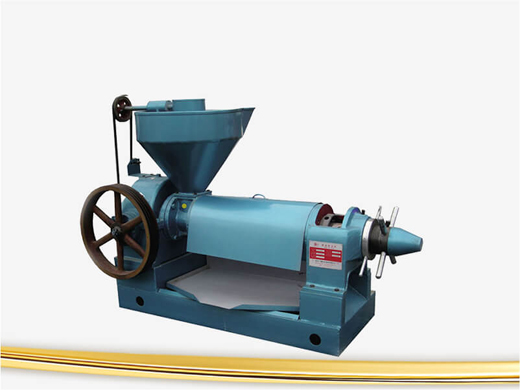
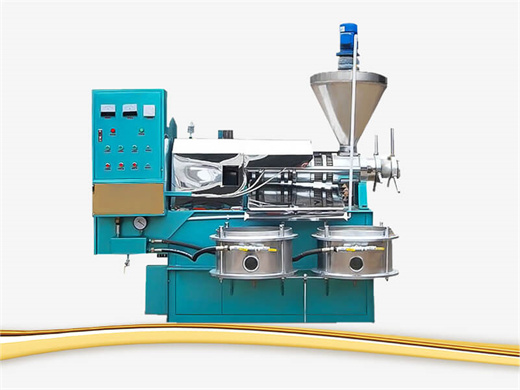
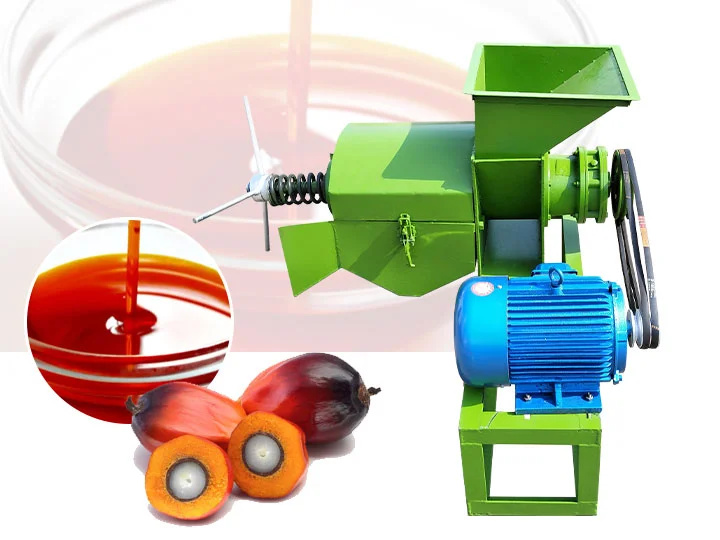
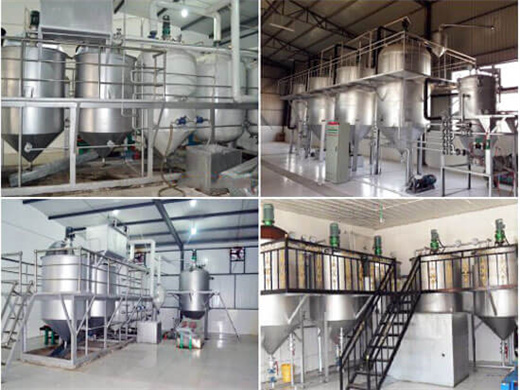
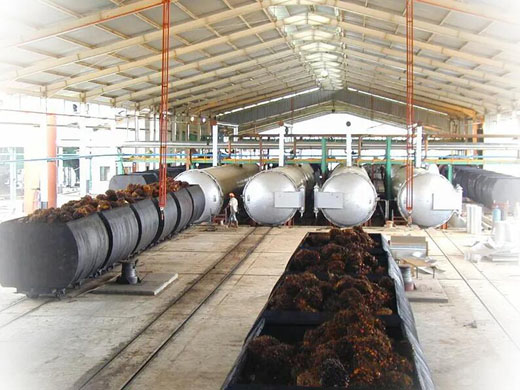
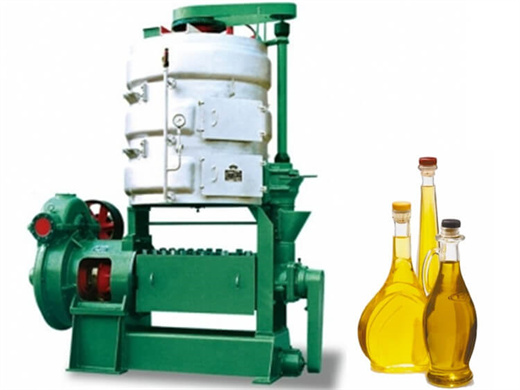
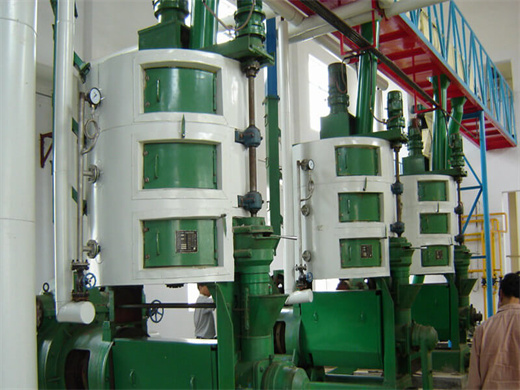
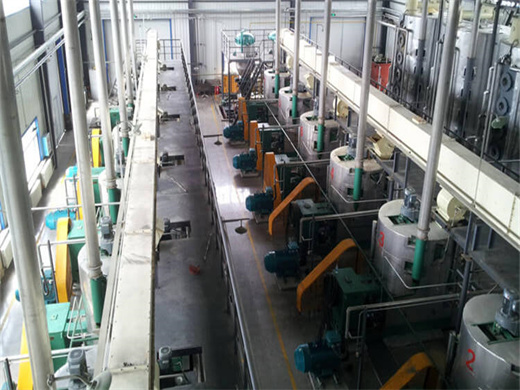




















REQUEST A QUOTE
Submit your enquiry, Our professional team will reply to you within one business day.Please feel free to contact us!